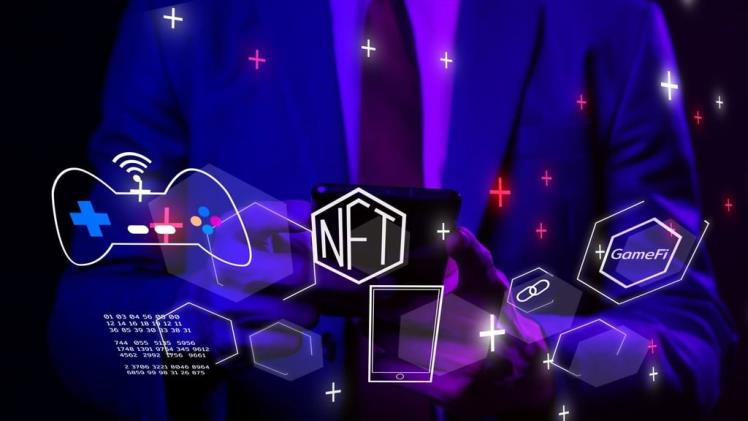 Remember when playing a video game was just about having fun? You’d spend hours exploring digital worlds, beating levels, and collecting shiny tokens. But when you turned the console off, those tokens stayed on the screen. They had no life outside the game.
Remember when playing a video game was just about having fun? You’d spend hours exploring digital worlds, beating levels, and collecting shiny tokens. But when you turned the console off, those tokens stayed on the screen. They had no life outside the game.
Now, imagine a different world. A place where the mythical sword you took weeks to earn is really yours. You may sell it, trade it or even lend it to a friend at a little fee. You can only imagine what it would be like to get the money you spent learning a game in your pocket. This isn’t a far-off fantasy. This is the new reality being built at the intersection of gaming at 20Bet and a technology called blockchain.
What is a Decentralized Game Platform?
For decades, gaming has existed in a “walled garden.” You play by the company’s rules, on the company’s servers, and you own nothing you “collect” in the game. Blockchain smashes those walls down.
Imagine a classic game platform like a rental apartment. You may live in it, paint it, and enjoy, but the landlord (the game company) makes the rules and may at any time request you to move out. The decentralised platform resembles a house of your own. You hold the deed. You decide what to do with it.
Gaming-wise, it implies that your characters, your skins, your territory, and your in-game currency are all represented as tokens on a blockchain, normally in the form of NFTs (Non-Fungible Tokens). They live in your personal digital wallet, not on a company’s server. This means you can take your hard-earned assets from one platform and use them in another. You can also sell them on an open marketplace whenever you want, shifting the power from the creator to the player.
It is on this basis that one of the most groundbreaking ideas emerged: Play-to-Earn (P2E). P2E enables players to earn real-world income. This is unlike traditional games, where you play to have fun, or use the controversial concept of pay-to-win, where you use real money to advance. The best-known early example was the game Axie Infinity, where users breed, raise and fight adorable creatures known as Axies. These are NFTs. Players can win battles and earn cryptocurrency that can be exchanged for real money. This was, at one time, a source of income for many.
The Casino in Your Pocket: Crypto Casinos and NFT Betting
The principles of blockchain (transparency, ownership, and digital value) naturally extend into another massive entertainment sector: gambling. This has led to the creative form of wagering centered on NFTs.
Crypto casinos operate much like traditional online casinos, but with a technological twist, as instead of depositing dollars or euros, you use cryptocurrencies like Bitcoin or Ethereum. This offers a few immediate advantages. Transactions are usually faster and cheaper than bank transfers or credit card payments. They also offer a greater degree of privacy.
But the most significant promised benefit is provably fair gaming. Traditional online halls assure you their matches are fair, but you can’t verify it. Many blockchain-based casinos use technology that allows you to verify each bet was fair and random. This transparency is powerful.
Then there is the concept of NFT betting, a phenomenon that literally combines the culture of gaming with gambling. You are betting with a digital racehorse, which is actually yours. Your bet amount in this new world could be your unique, highly valued NFT character in one of the popular video games. Or, you might participate in prediction markets on which new NFT art collection will be the most valuable. This feels less like a trip to a casino and more like an extension of the digital collecting and strategizing that gamers already love.